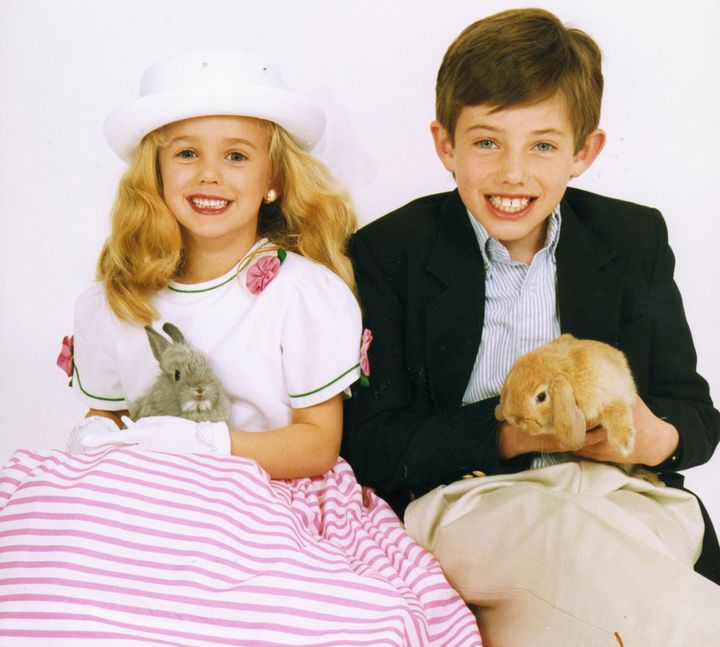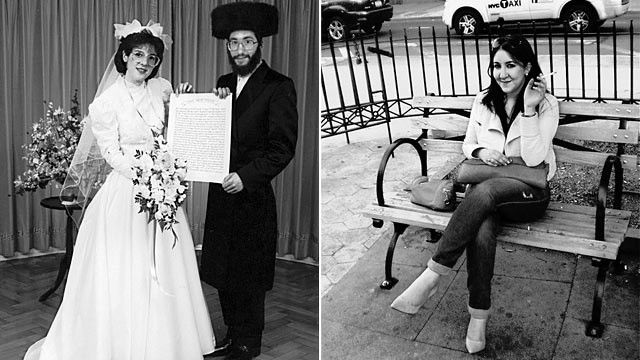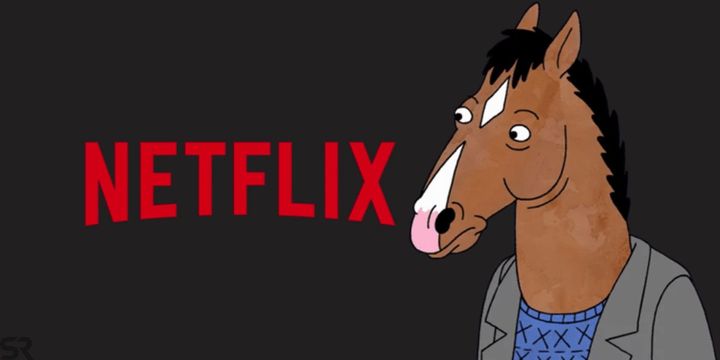Jerry Seinfeld is Back! (But does he live up to the hype?)
Jerry Seinfeld returns to the stage with a Netflix stand-up special, but is he performing for the audience or for himself?
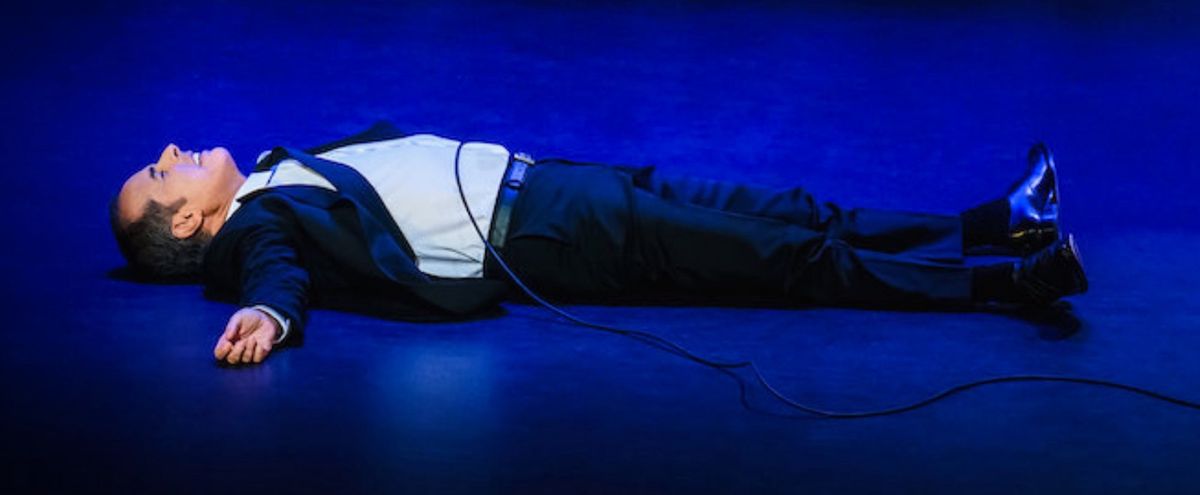
Jerry Seinfeld returns to the stage with with a pre-COVID Netflix stand-up special that rings eerily true to the experiences of many during lockdowns across the globe. But is he performing for the audience or for himself?
In 23 Hours to Kill, Seinfeld returns to his roots in the New York City comedy club scene and looks to find a new angle on seemingly everyday items and occurrences.
But the gig might be up.
Seinfeld starts strong while wading in familiar waters but tries to branch out and extend his brand to a topic that was not relevant to him when he started comedy: Marriage.
Seinfeld tries to relate to his aging audience’s quarrels with marriage, but his typically youthful style doesn't translate. Through obvious attempts to appeal to his middle-aged audience, Seinfeld loses some of his trademark zing and at times leaves you feeling as though you are receiving an ice hockey lesson from a golf coach. He understands the basics, but he would be much more comfortable and funny sticking to what he knows.
The old Seinfeld that we know and love delivers throughout the first half of the show. He breaks down and offers a new perspective on "going out" and why we as a society feel a need to go out for social events. Regardless of whether or not it just leaves us with a need to get back home. A sentiment that hits rather close to home for many of us during our respective lockdowns, even though the show was recorded last October.
Seinfeld also addresses how fame and success have changed his outlook on performing. He appreciates that he is now in a position to perform when he wants to, not when he needs to. H could be "anywhere in the world," but he is on stage in his "favorite spot." Seinfeld implies that the stage is his escape from the monotony of his daily life.
The entirety of the show felt a bit like Dave Chapelle’s recent special, 8:46: Seinfeld was just there to get some things off of his chest. These confessions, however, come at the expense of his comedy.
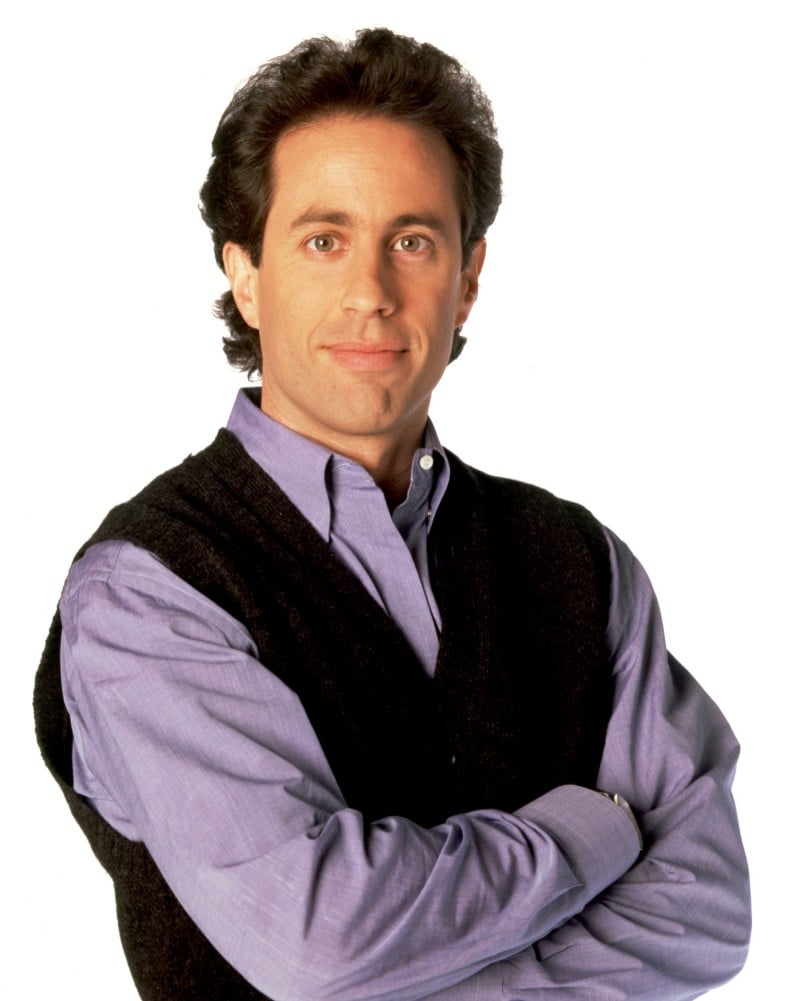
At times, Seinfeld left me feeling like his marriage counselor, as if, I was trying to put the pieces back together and leave him feeling whole again. At my age it felt less like entertainment and more like foreshadowing: Is marriage really that bad?
It can't be. Surely not.
Seinfeld sounds less like he is putting on a show and more like he is having an existential crisis as he comes to terms with his new reality as a married man. While he still approaches these issues in a light-hearted way, he does not add anything to the concept of marriage as we know it in modern society and fails to land any strong laughs with the audience, myself included.
In an interview after Seinfeld even admits that all of his marriage based content was just for laughs, and that he did not believe any of it.
While the quality tapers off in the second half as Jerry puts himself in a vulnerable position trying a new style of material, the first half of the special is Jerry Seinfeld at his best.
